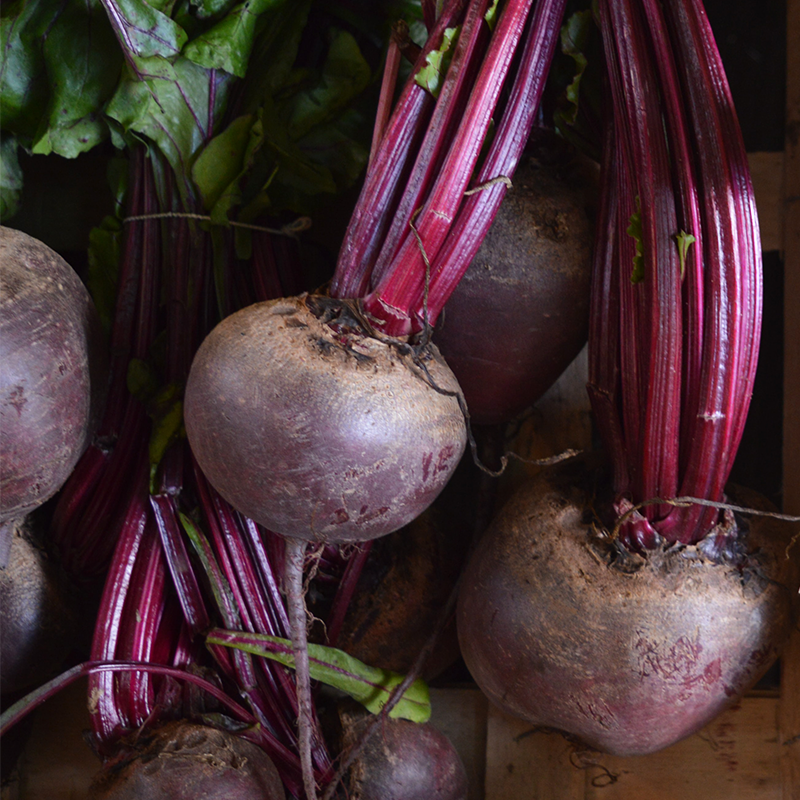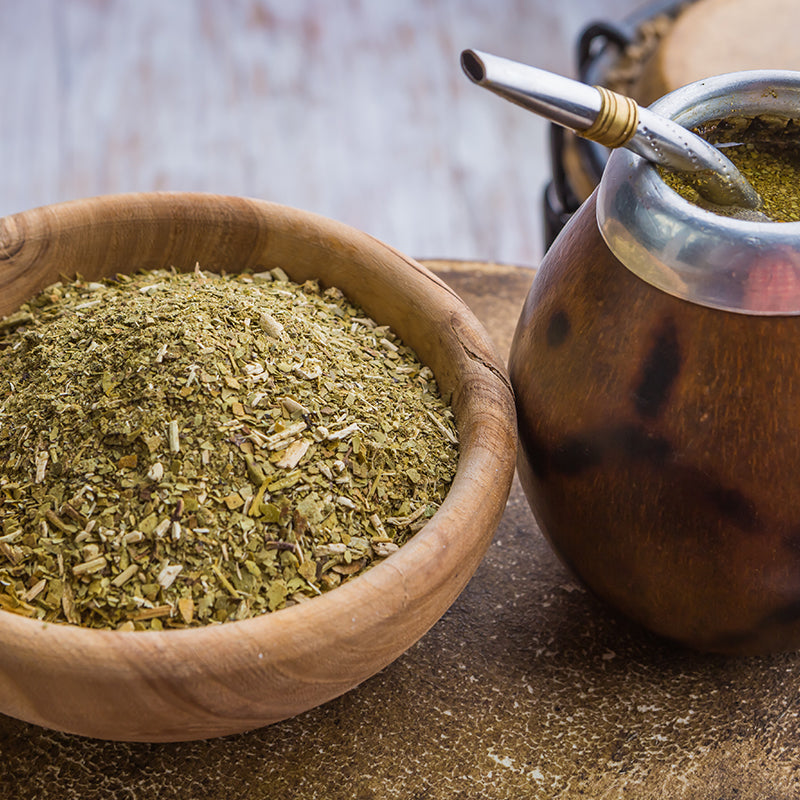Your Cart is Empty
FREE shipping → orders $74 or more
GET 20% off | Subscribe to our newsletter → Sign-up
✨NEW✨ Marine Collagen Gummies → Shop Now
GET 20% off | Subscribe to our newsletter → Sign-up
FREE shipping → orders $74 or more
GET 20% off | Subscribe to our newsletter → Sign-up
✨NEW✨ Marine Collagen Gummies → Shop Now
GET 20% off | Subscribe to our newsletter → Sign-up
Shop & More
- SHOP BY TYPE
- SHOP BY BENEFIT
Boost your Energy Levels with these 6 Functional Ingredients
By now, it’s no secret that the food we consume has an influence on our energy levels throughout the day. As they say, food is fuel. However, beyond consuming calories, research has shown...

By now, it’s no secret that the food we consume has an influence on our energy levels throughout the day. As they say, food is fuel. However, beyond consuming calories, research has shown that certain functional ingredients can actually help to give our energy levels a boost thanks to their specific natural compounds.
Whether you’re looking to be more productive at work, crush a challenging workout, keep up with your kids or simply feel your best, here are 6 functional ingredients that will help to keep you energized all day long!
1. MATCHA

Known for its high concentration of antioxidants, matcha also contains a moderate amount of caffeine (~⅕ vs. coffee per cup), which can help to reduce fatigue, increase physical endurance, and enhance mental alertness (1). However, unlike the buzz you would get from coffee or an energy drink that makes you feel jittery, matcha has been known to steadily increase energy levels throughout the day. This is likely due to the amino acid L-theanine, which functions as a neurotransmitter to trigger a release of a slow, steady stream of energy. L-theanine has also been shown to reduce tiredness while increasing feelings of alertness (2)(3).
2. CORDYCEPS MUSHROOM

Cordyceps militaris mushrooms are thought to increase the production of the molecule ATP (adenosine triphosphate) in the body, which plays a key role in delivering energy to the muscles. This may help to explain cordyceps’s ability to improve physical performance and to fight fatigue and lethargy (4). In a study of 37 healthy adults, participants who consumed cordyceps for six weeks showed a significant improvement in oxygen uptake (a measure of physical fitness) during exercise, while the oxygen uptake of participants given a placebo was unchanged (5)(6).
MADE WITH CORDYCEPS MUSHROOM
3. COCONUT

Coconut derived products like coconut oil and milk contain medium chain triglycerides (MCTs). MCTs help to increase delivery of energy to the brain in the form of ketones, the only source of energy that the brain can use other than glucose. When paired with caffeinated beverages, MCTs can help to stabilize energy levels throughout the day by slowing down the absorption of caffeine.
MADE WITH COCONUT MILK
4. BEETROOT

Research has shown that beets' ability to improve energy levels and exercise performance can be attributed to their high concentration of specific compounds, such as nitrates and betalain, as well as key nutrients like iron, folate, potassium, magnesium, and vitamin C (7)(8). In one study, 9 amateur cyclists experienced significantly faster times after consuming beet juice, suggesting its efficacy as a performance-enhancing supplement (9).
5. MACA ROOT

Maca's ability to increase energy levels may be due to its rich nutritional profile, including vitamin C, iron, and potassium to name a few. In a pilot study in 2009, male cyclists experienced significantly improved performance after supplementing with maca extract for 14 days (10).
6. YERBA MATE

Yerba mate (pronounced mat-ay) is a herbal tea made from the leaves of the ilex paraguariensis plant grown in the South American rainforests. Yerba mate contains slightly less caffeine per cup than coffee, working out to only 22 mg per serving in Landish’s Maca Mate Beet Latte Mix–avoiding those jitters!
MADE WITH YERBA MATE, MACA ROOT, CORDYCEPS MUSHROOM & COCONUT MILK
-
- Kapil, V, Khambata, R (2015). Dietary nitrate provides sustained blood pressure lowering in hypertensive patients: a randomized, phase 2, double-blind, placebo-controlled study.
- Kroll, J (2018). Acute ingestion of beetroot juice increases exhaled nitric oxide in healthy individuals.
- Stone, M, Ibarra, A, et al (2009). A pilot investigation into the effect of maca supplementation on physical activity and sexual desire in sportsmen. Journal of Ethnopharmacology.
- Heckman, M, Weil, J, et al. (2010). Caffeine (1, 3, 7-trimethylxanthine) in foods: a comprehensive review on consumption, functionality, safety, and regulatory matters.
- Camfield, D, Stough, C, et al. (2014). Acute effects of tea constituents L-theanine, caffeine, and epigallocatechin gallate on cognitive function and mood: a systematic review and meta-analysis.
- Kahathuduwa, C, Dassanayake T, et al (2016). Acute effects of theanine, caffeine and theanine-caffeine combination on attention.
- Xu, YF. (2016) Effect of Polysaccharide from Cordyceps militaris (Ascomycetes) on Physical Fatigue Induced by Forced Swimming.
- Hawkins, M, Raven, P, et al. (2007) Maximal oxygen uptake as a parametric measure of cardiorespiratory capacity.
- Yi, X, Xi-zhen, H, et al. (2004) Randomized double-blind placebo-controlled clinical trial and assessment of fermentation product of Cordyceps sinensis (Cs-4) in enhancing aerobic capacity and respiratory function of the healthy elderly volunteers.
Get a boost of wellness straight to your inbox
Sign up for our newsletter to save 20%
on your first order!















